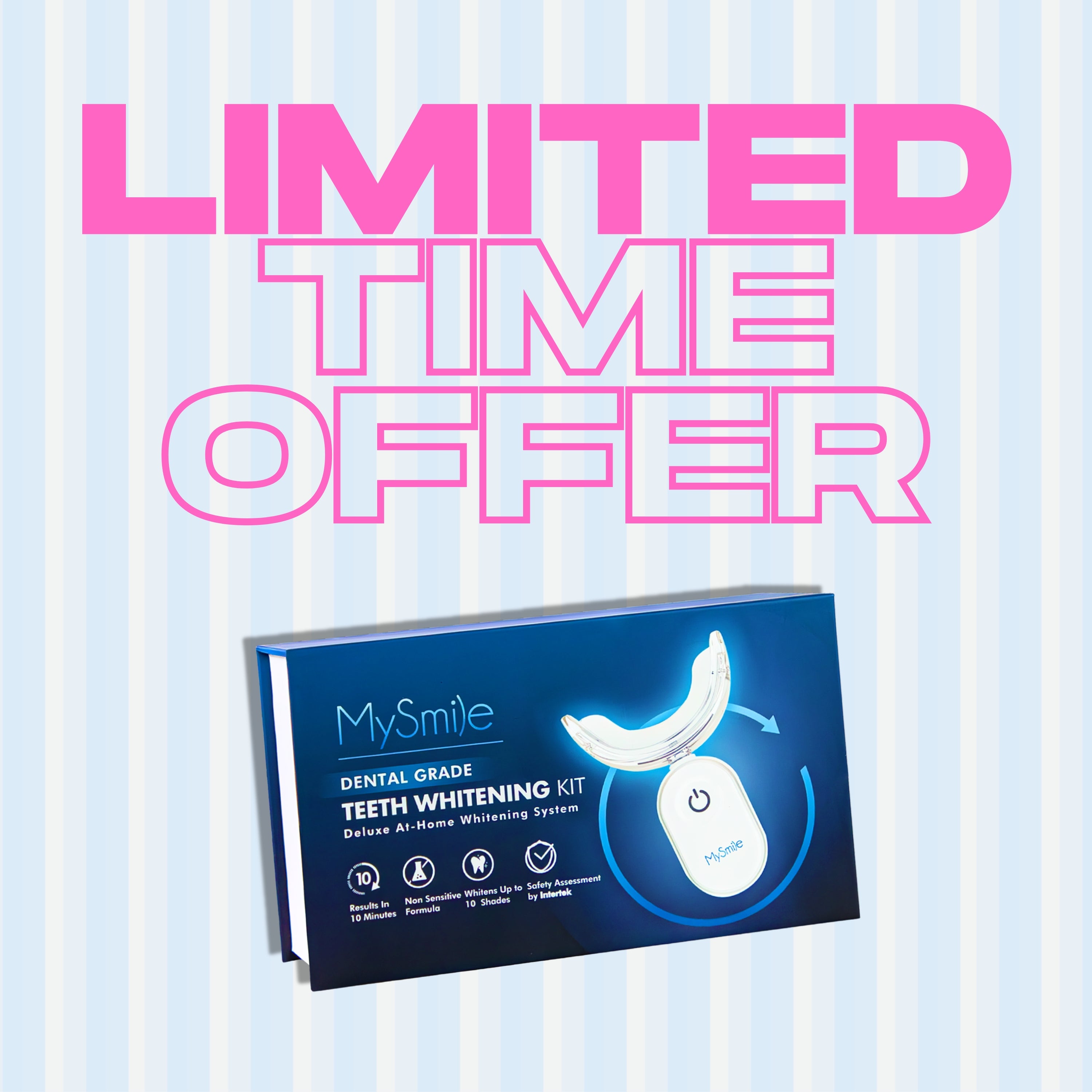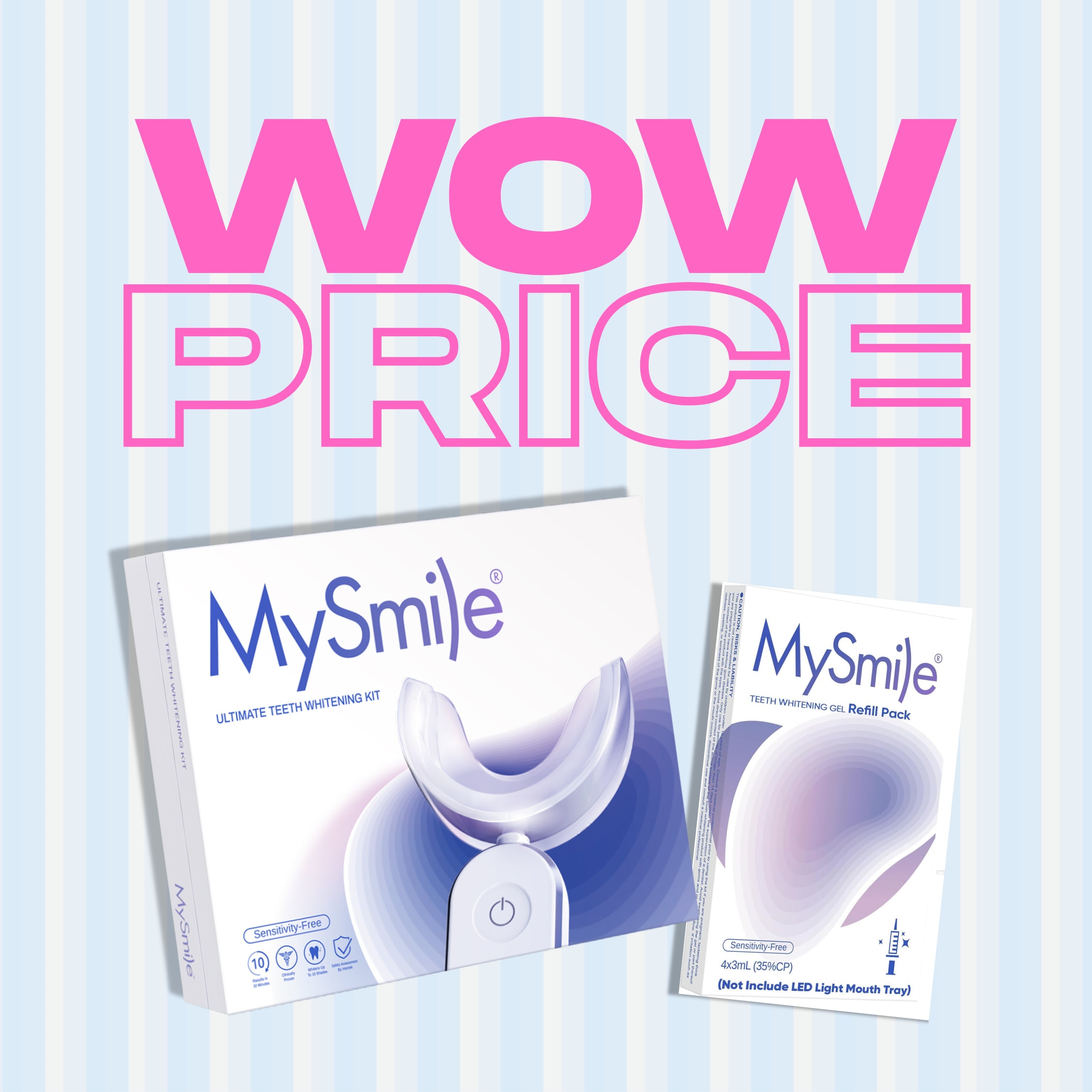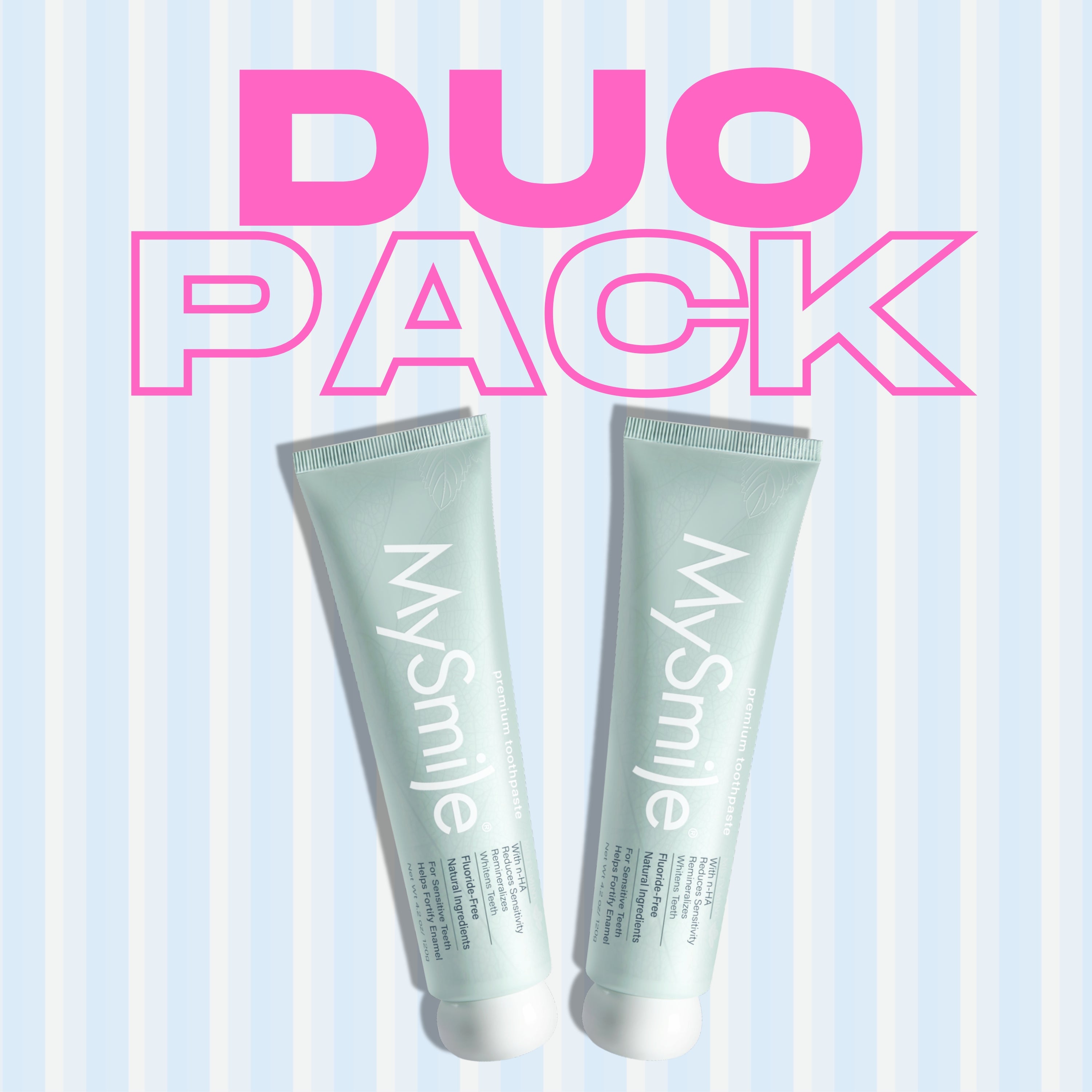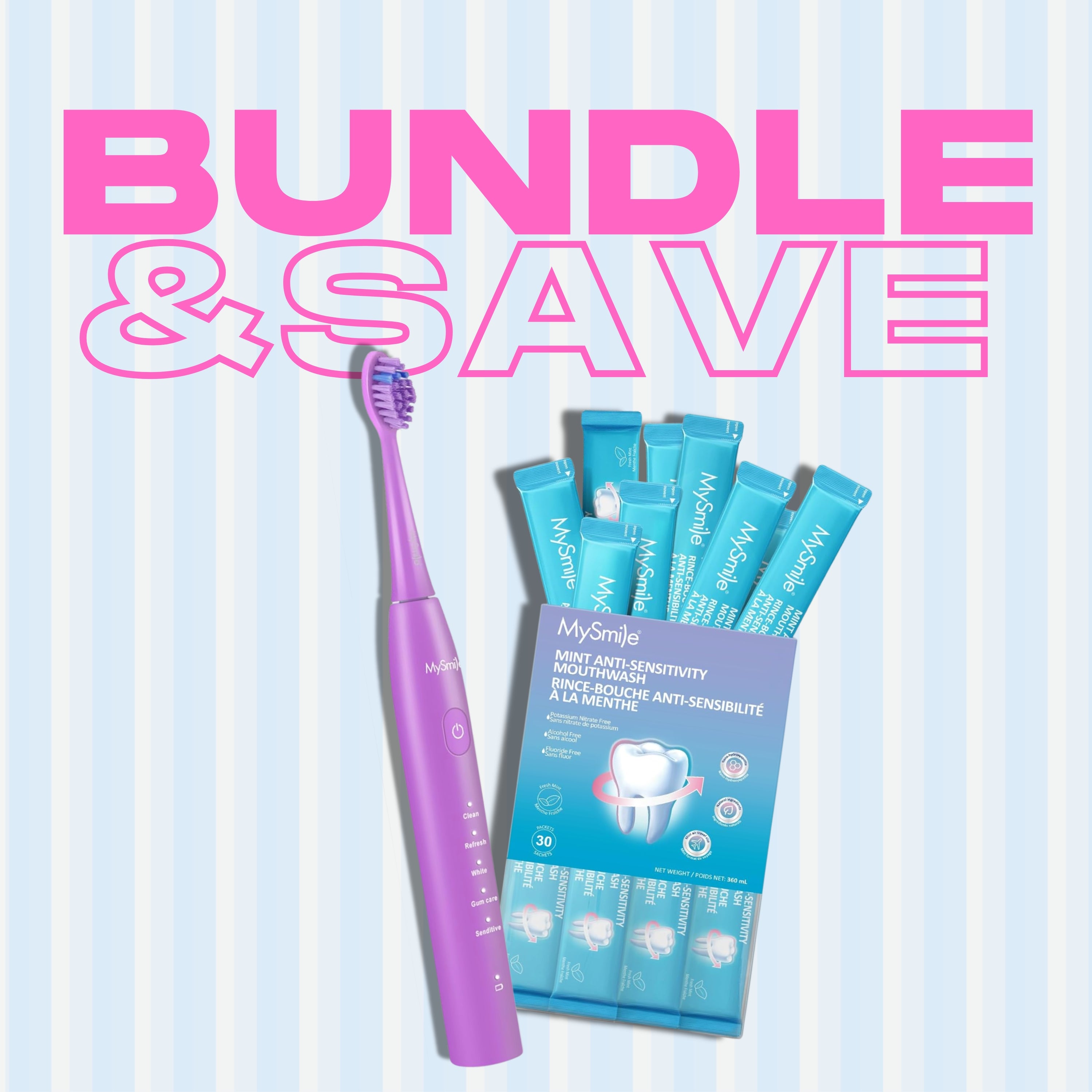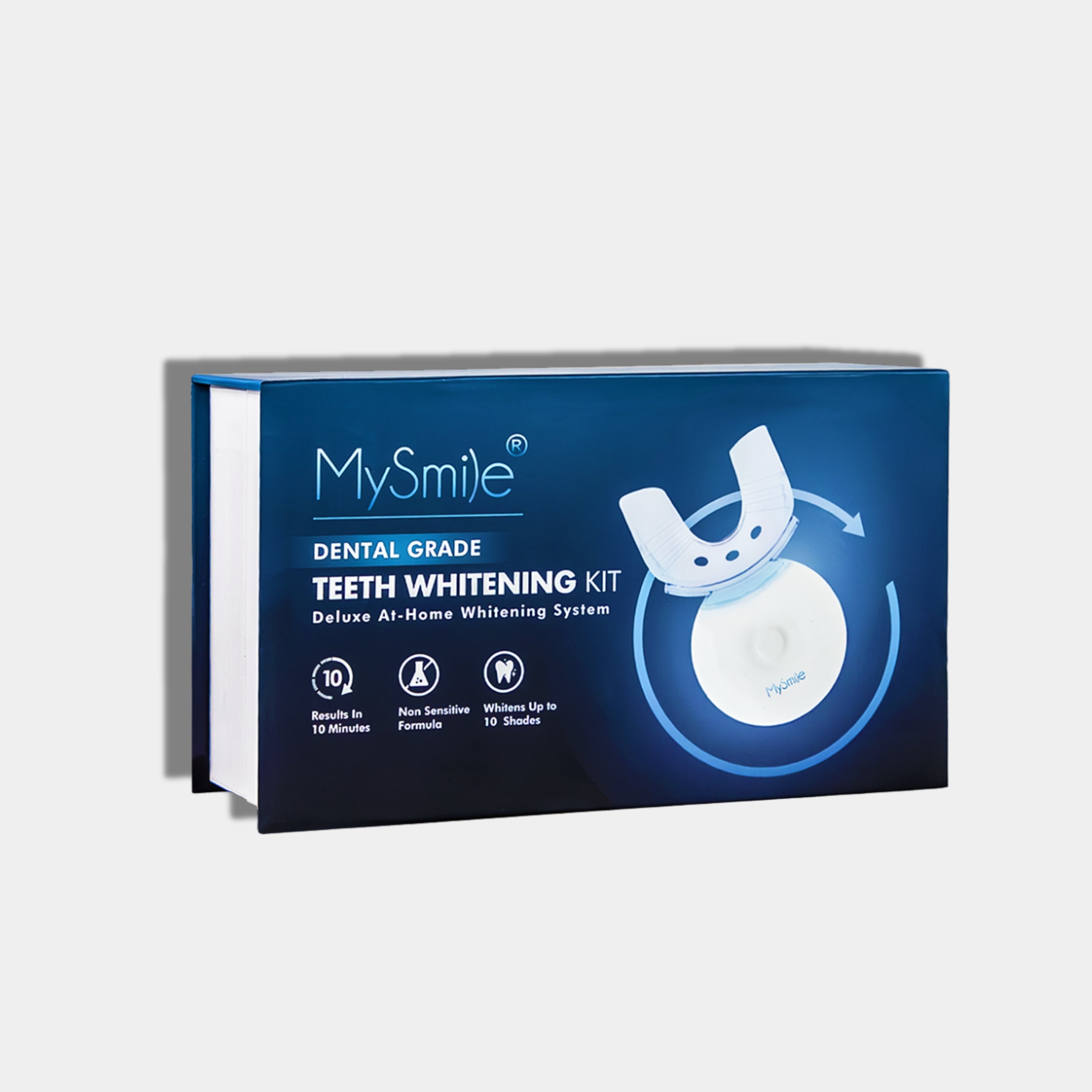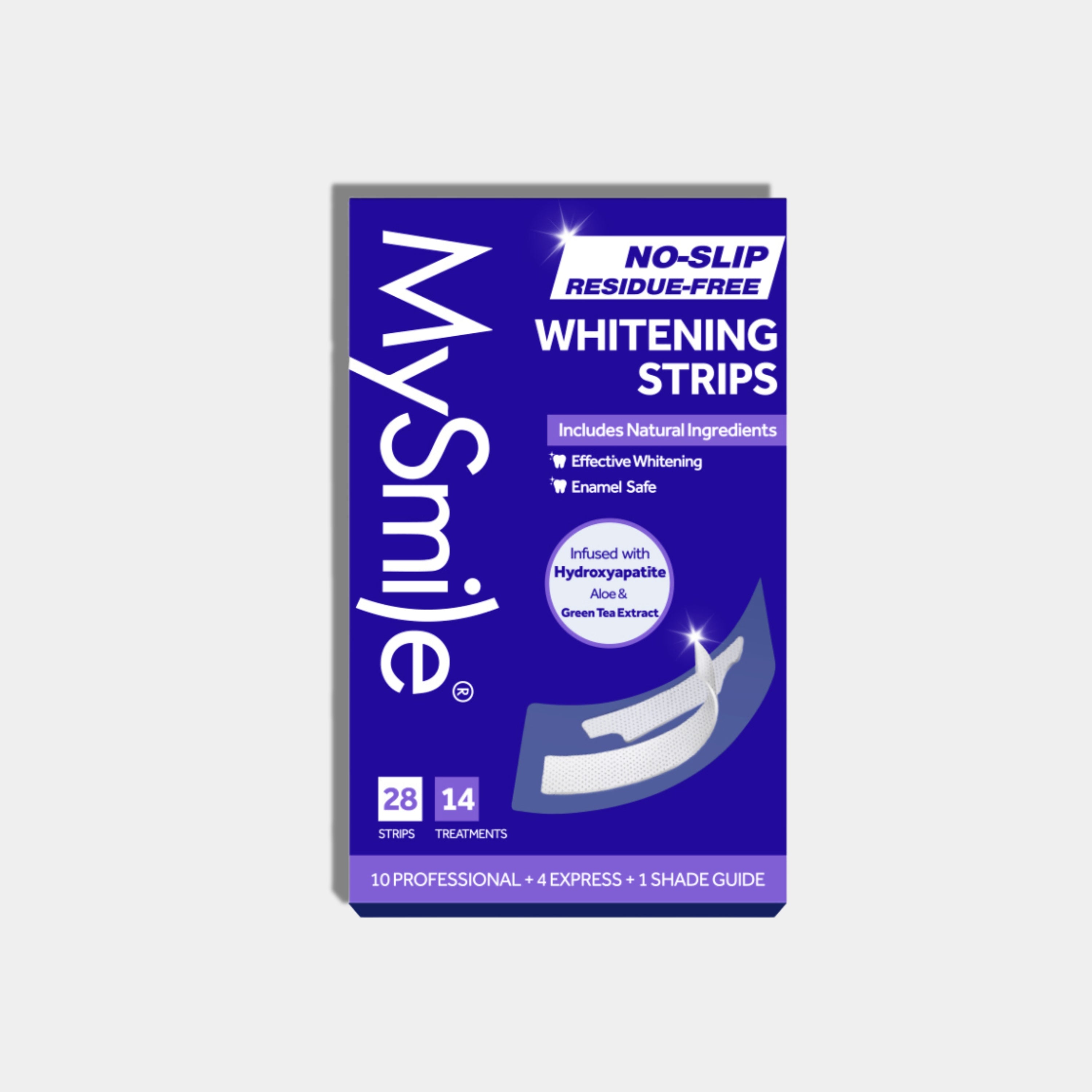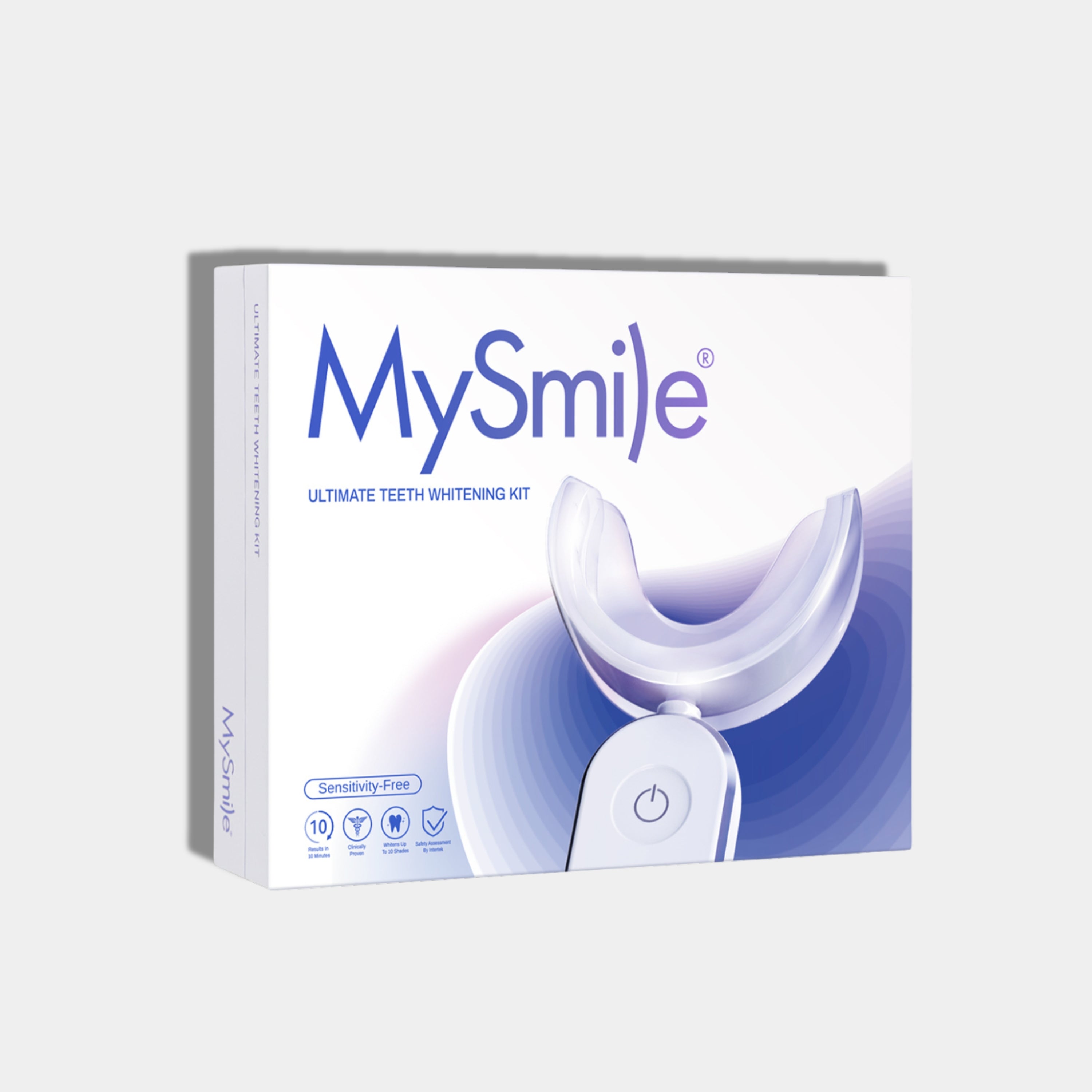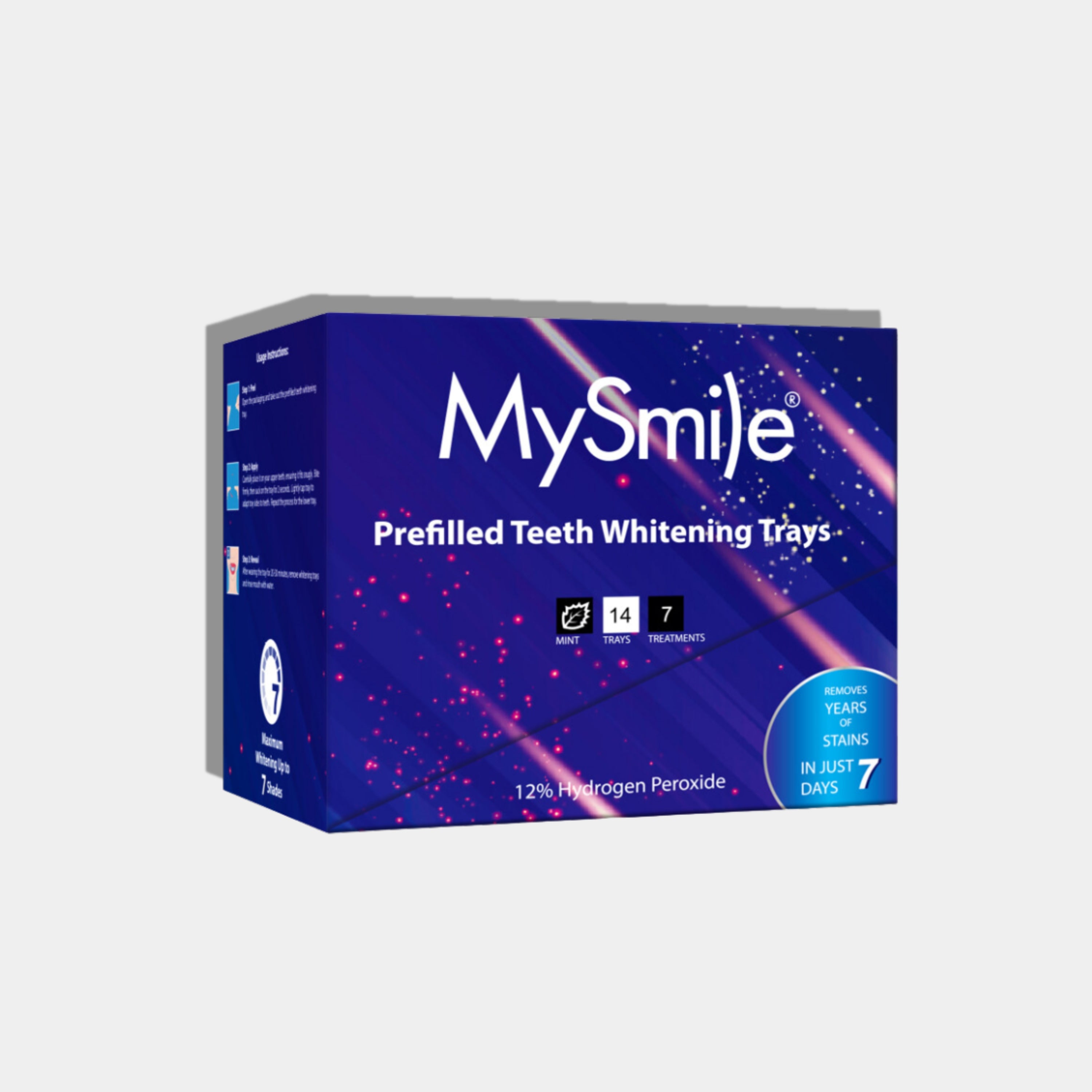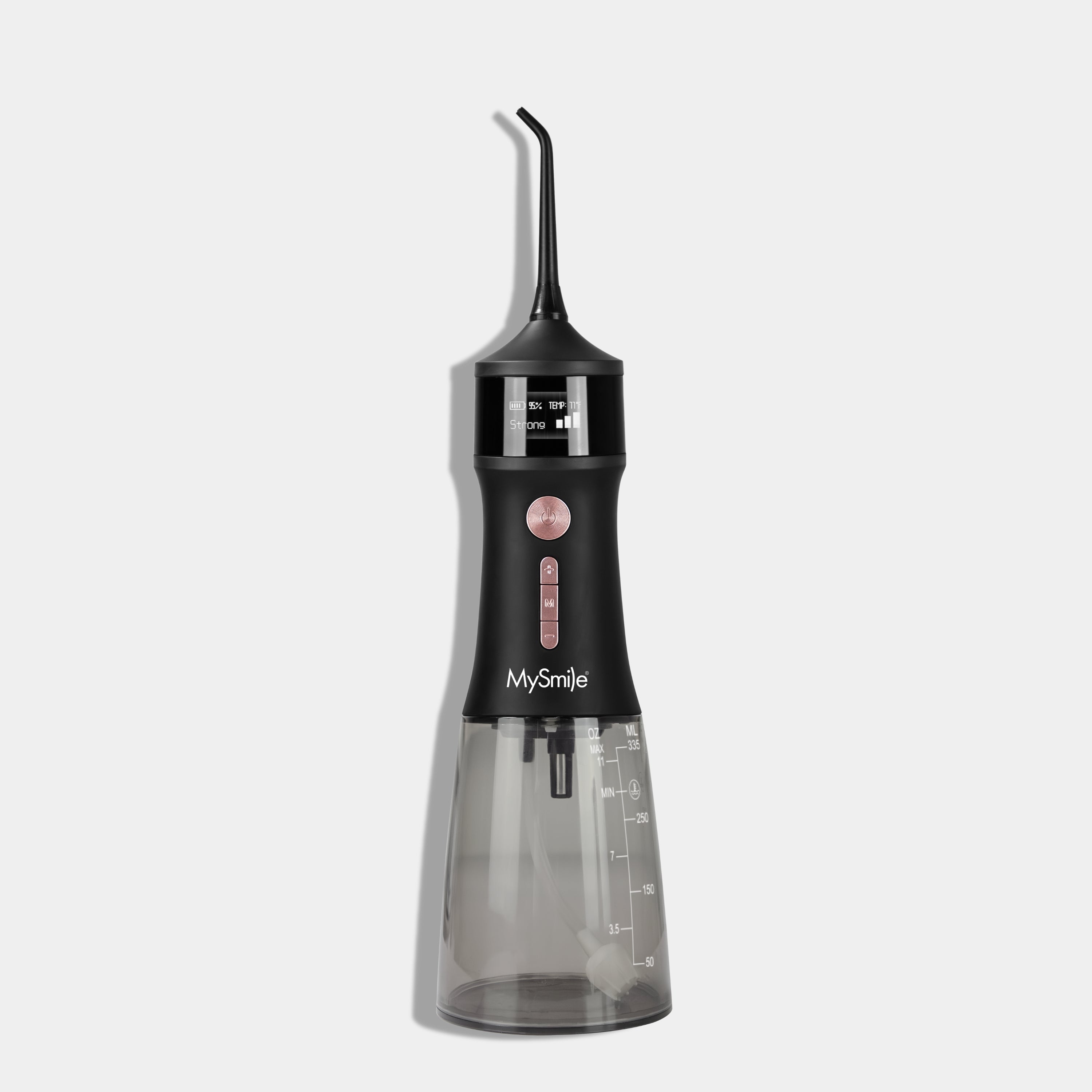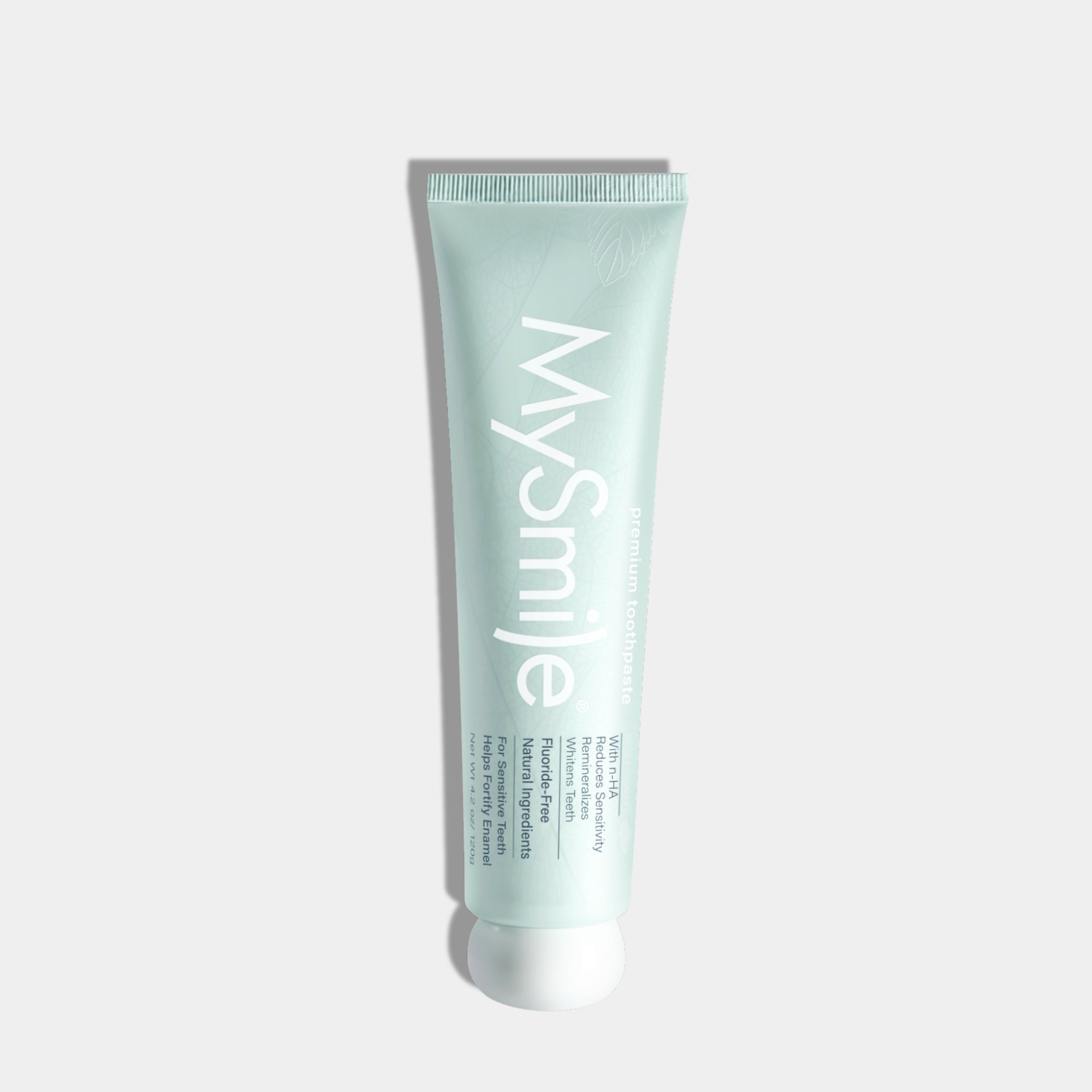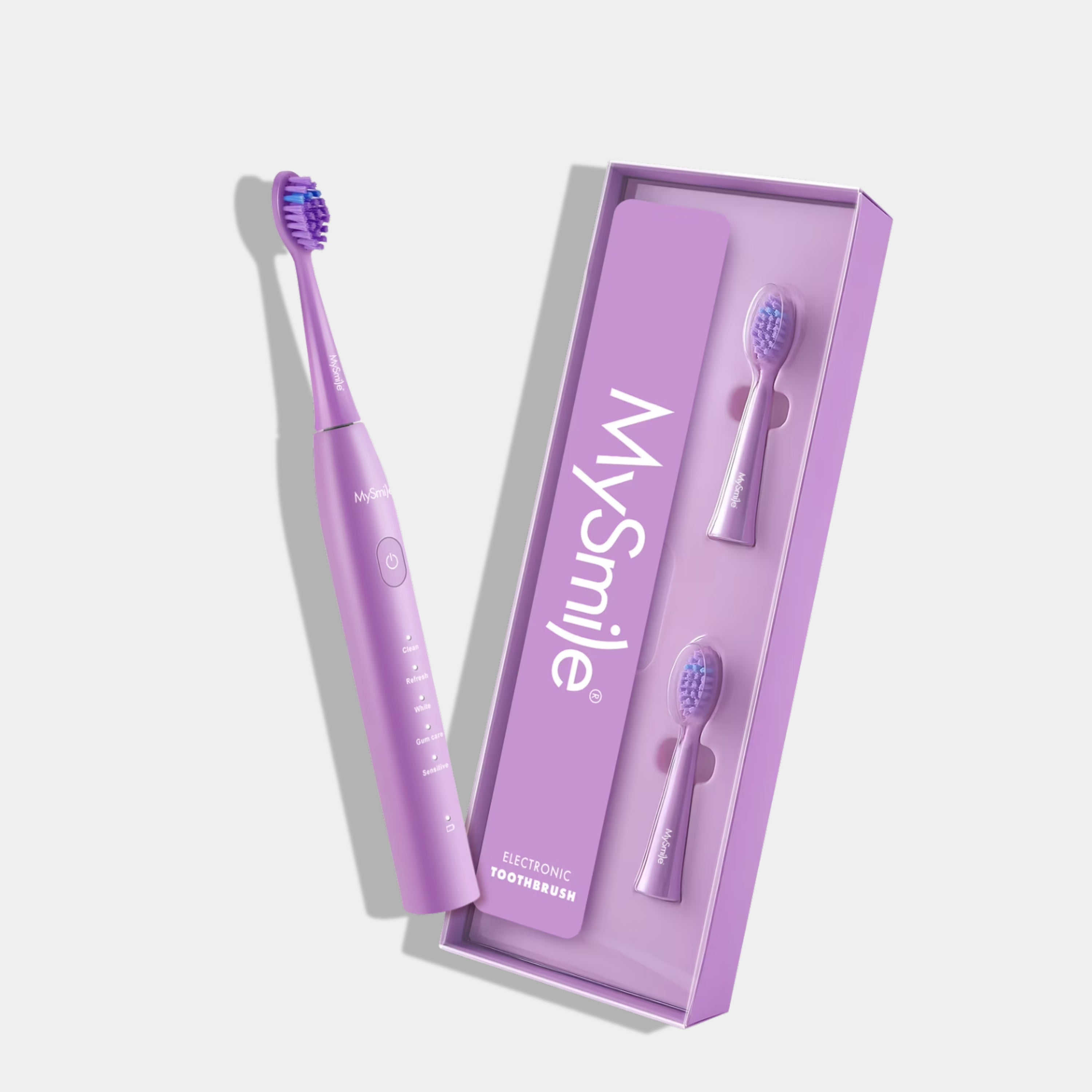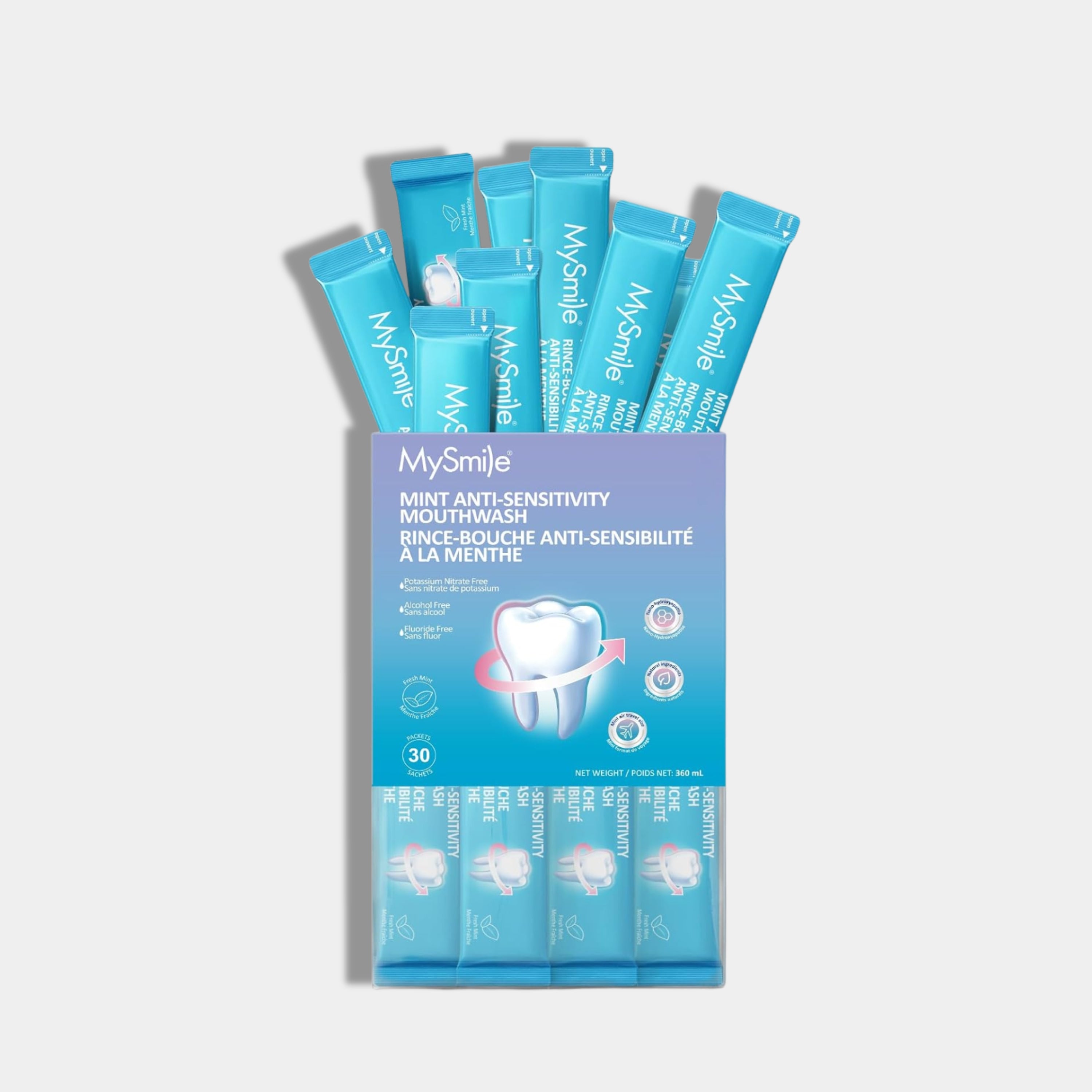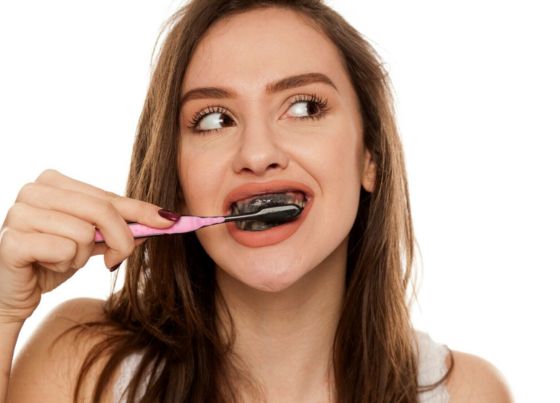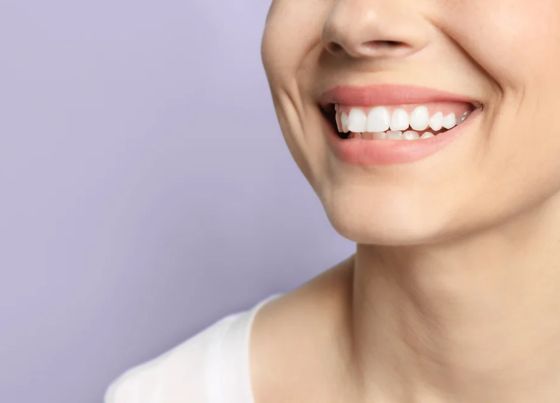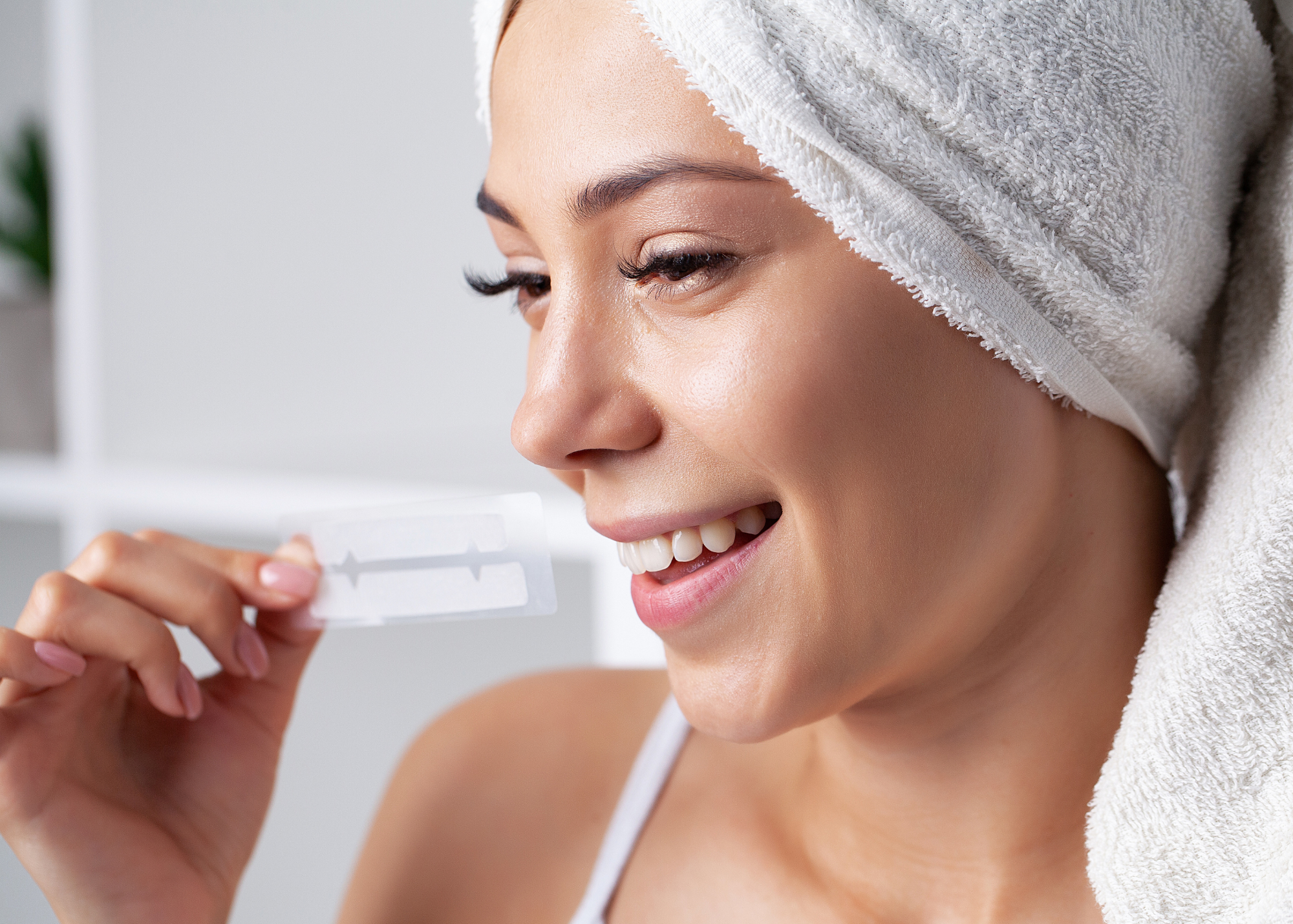Charcoal teeth whitening powder has become a popular alternative to traditional whitening products. Many claim it helps remove stains and brighten teeth naturally, but concerns about its safety and effectiveness persist. This article explores its benefits, risks, and proper usage.
What Is Charcoal Teeth Whitening Powder?
Charcoal teeth whitening powder is a black, fine-textured substance made from activated charcoal, which is processed to increase its absorbency. It is commonly derived from coconut shells, peat, wood, or other carbon-rich materials. Due to its porous nature, activated charcoal binds to stains, toxins, and bacteria, making it a popular ingredient in oral care products.
Many people use charcoal powder as a natural alternative to chemical-based whiteners. Unlike peroxide-based treatments, charcoal does not bleach teeth but helps remove surface stains caused by coffee, tea, wine, and tobacco. However, its effectiveness in long-term whitening is still debated.
Key Ingredients in Charcoal Dental Powder
Charcoal tooth powders often contain additional ingredients to enhance their oral care benefits. Some common components include:
-
Activated Charcoal – The primary ingredient, responsible for binding stains and removing toxins from the mouth.
-
Bentonite Clay – A mineral-rich substance that helps remineralize teeth by supplying essential minerals like calcium and magnesium.
-
Coconut Oil – Known for its antibacterial properties, it helps reduce oral bacteria and inflammation, promoting overall gum health.
-
Baking Soda – A mild abrasive that aids in stain removal while balancing the mouth’s pH to reduce acidity and enamel erosion.
These active ingredients work together to support oral hygiene, but they do not replace traditional fluoride-based toothpaste, which is essential for cavity prevention.
Does Charcoal Powder Whiten Teeth?
Charcoal powder can remove extrinsic stains—those found on the surface of the teeth—but it does not change the natural color of tooth enamel. Unlike professional teeth whitening treatments that penetrate deeper, activated charcoal only binds to stain-causing molecules on the surface.
How Does Activated Charcoal Whiten Teeth?
Activated charcoal’s whitening effect is based on its adsorptive properties, meaning it binds substances to its surface rather than absorbing them into its structure. When applied to teeth, charcoal teeth whitening powder:
-
Binds to stain-causing tannins found in coffee, tea, red wine, and tobacco.
-
Removes plaque buildup, which contributes to a yellowish appearance.
-
Neutralizes acids in the mouth, reducing the risk of enamel erosion and tooth decay.
Although it may make teeth appear whiter temporarily, it does not provide deep whitening like peroxide-based products used in professional treatments.
Is Charcoal Bad for Your Teeth?
While charcoal powder is effective at removing stains, it is also highly abrasive, which can pose risks to dental health if used excessively.
Risks of Using Charcoal Tooth Powder
-
Enamel Erosion – Charcoal is a gritty substance that can wear down enamel over time, leading to increased tooth sensitivity. Once enamel is worn away, it does not regenerate, making teeth more vulnerable to cavities.
-
Gum Irritation – The abrasive particles can cause irritation and inflammation in the gums, particularly for those with sensitive oral tissues.
-
Increased Sensitivity – As enamel wears down, the underlying dentin, which contains nerve endings, becomes exposed, causing pain and discomfort when consuming hot, cold, or acidic foods.
-
Lack of Fluoride – Fluoride is essential for strengthening enamel and preventing cavities. Since charcoal powder does not contain fluoride, using it exclusively may increase the risk of tooth decay.
Due to these concerns, the American Dental Association (ADA) has not approved charcoal-based products for teeth whitening.
Best Alternate Of Charcoal Teeth Whitening Powder
A radiant smile boosts confidence, and MySmile offers safe, effective, and enamel-friendly whitening solutions. Unlike harsh methods that can erode enamel, MySmile products are clinically tested to deliver long-lasting brightness without sensitivity.
Purple Teeth Whitening Powder
For immediate results, MySmile Purple Teeth Whitening Powder neutralizes yellow tones, providing an instantly brighter appearance.
Teeth Whitening Powder
For a gradual, non-peroxide approach, MySmile Teeth Whitening Powder gently polishes away surface stains while protecting enamel.
Purple Color Corrector Toothpaste
MySmile Purple Color Corrector Toothpaste helps maintain a whiter smile by balancing discoloration and preventing stains.
Glamorous Whitening Strips
For a progressive approach, MySmile Glamorous Whitening Strips lift stains over 7 to 14 days, offering a noticeably whiter smile.
MySmile delivers professional-level whitening without harsh ingredients, ensuring a bright, confident smile with safe and lasting results
How to Use Charcoal Teeth Whitening Powder Safely
To minimize the potential risks of charcoal powder while still benefiting from its stain-removing properties, follow these guidelines:
-
Limit Usage – Use charcoal powder 2–3 times per week instead of daily to prevent excessive enamel wear.
-
Use a Soft-Bristled Brush – A soft brush reduces abrasion and minimizes damage to enamel and gums.
-
Brush Gently – Apply light pressure while brushing in circular motions to avoid excessive scrubbing.
-
Rinse Thoroughly – After brushing, rinse your mouth several times with water to remove all charcoal residue.
-
Follow Up with Fluoride Toothpaste – This helps restore essential minerals and protects enamel.
By following these steps, users can reduce the risk of enamel damage while still benefiting from charcoal’s stain-removing properties.
Using Charcoal to Whiten Teeth: Does It Work?
While charcoal powder is effective at removing surface stains, it does not whiten teeth from within. Peroxide-based whiteners, such as hydrogen peroxide and carbamide peroxide, penetrate the enamel to break down deep stains. In contrast, charcoal powder only affects external discoloration.
For those looking for long-lasting and significant whitening results, professional treatments or teeth whitening strips containing peroxide-based formulas are more effective.
Charcoal Powder vs. Charcoal Paste: Which Is Better?
Both charcoal powder and charcoal paste are used for teeth whitening, but they have different characteristics:
|
Feature |
Charcoal Powder |
Charcoal Paste |
|
Abrasiveness |
High |
Moderate |
|
Ease of Use |
Messy |
Convenient |
|
Whitening Power |
Surface stains |
Surface stains |
|
Fluoride Content |
None |
May contain |
Charcoal toothpaste is generally a safer choice because it is less abrasive and often includes additional protective ingredients, such as fluoride, to help strengthen enamel.
Choosing the right teeth whitening powder is essential for achieving safe and effective results. If you're unsure which option is best, read our detailed guide on how to choose the best tooth powder to learn about key ingredients, benefits, and expert recommendations.
Frequently Asked Question
Q1. Where to Buy Activated Charcoal Powder for Teeth
Activated charcoal powder is widely available in:
-
Online Retailers – Amazon, Walmart, and health-focused e-commerce stores.
-
Health Stores – Whole Foods, GNC, and specialty organic shops.
-
Pharmacies – CVS, Walgreens, and other major drugstores.
When purchasing, look for food-grade activated charcoal with no added chemicals or synthetic ingredients to ensure safety.
Q2. How Do You Use Charcoal Teeth Whitening Powder?
For best results, follow these steps:
-
Dampen your toothbrush with water.
-
Dip the bristles into the charcoal powder.
-
Brush your teeth gently for 1–2 minutes, focusing on areas with stains.
-
Rinse thoroughly with water to remove all charcoal residue.
-
Use fluoride toothpaste afterward to strengthen enamel and prevent decay.
Q.3 Does Oil Pulling Whiten Teeth?
Oil pulling, a traditional practice using coconut or sesame oil, is known for its antibacterial benefits but does not significantly whiten teeth. While it may reduce plaque and improve oral hygiene, its whitening effects are minimal compared to peroxide-based treatments.
Final Thoughts
Charcoal teeth whitening powder can help remove surface stains, but its abrasive nature poses risks to enamel and gums. Using it sparingly and combining it with fluoride-based toothpaste can help maintain dental health. However, for a safer and more effective whitening solution, MySmile Teeth Whitening Product offers enamel-safe alternatives like Teeth Whitening Powder, Purple Color Corrector Toothpaste, and MySmile Teeth Whitening Kit LED.
If you’re looking for deeper whitening without damaging enamel, explore MySmile's range of professional whitening treatments for faster, long-lasting results.

